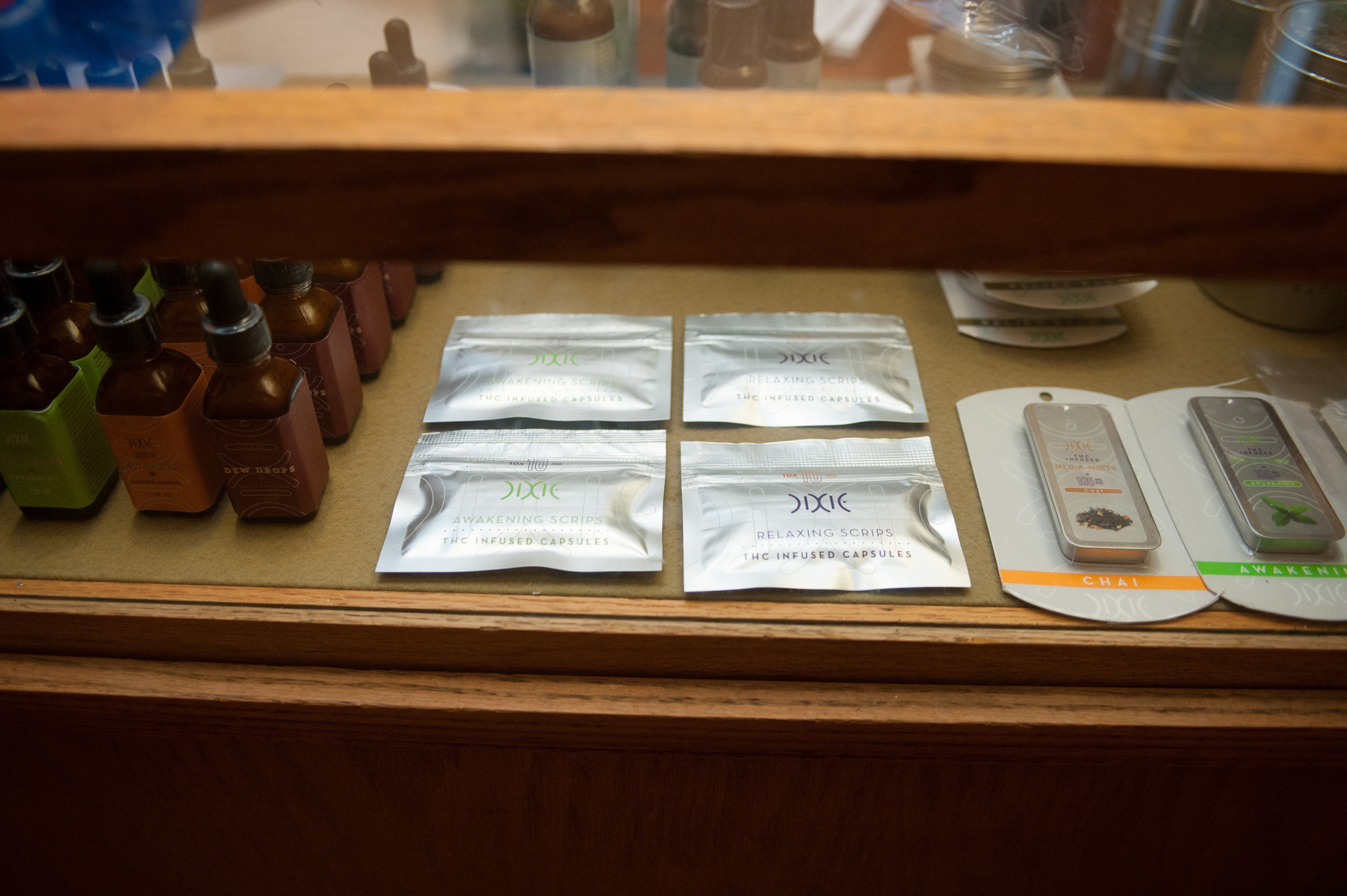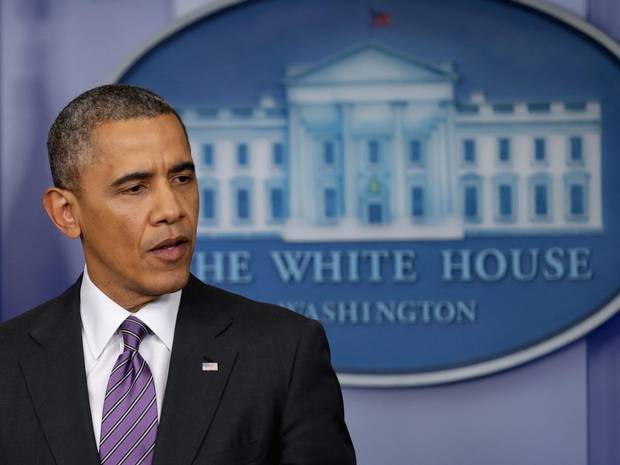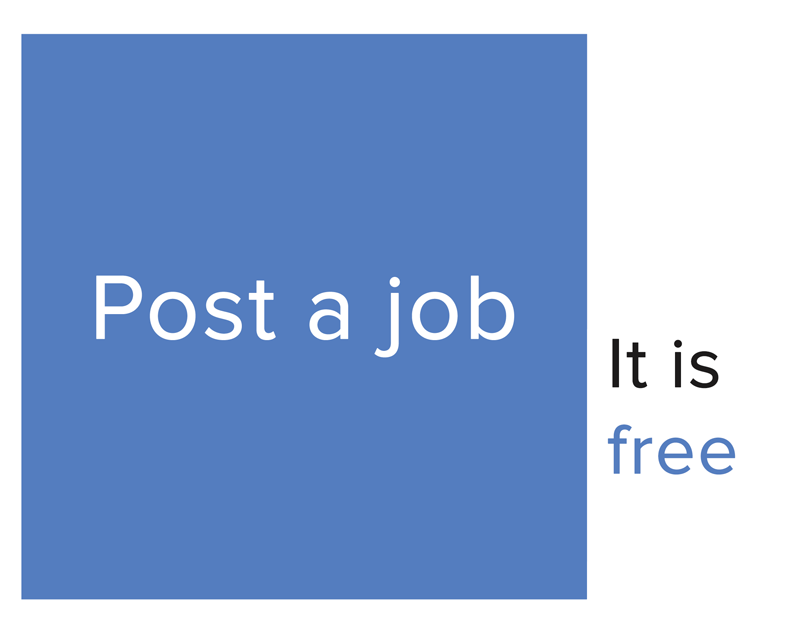
UCLA professor Mark Kleiman on legalising marijuna
The interview has been edited for length and clarity
Mark Kleiman: Continued prohibition is probably the worst thing we could do about cannabis right now. Alcohol style legalization, which is where we’re headed, is probably the second worse. If we had a national debate now we might settle on a temperate cannabis policy. That would get us the benefits of legalization without an upsurge in heavy use and use by juveniles.
Without a national solution – a national framework for safe cannabis policy – we’re going to wind up going down the road we went down with alcohol. We’ll have commercial sale, low taxes, loose regulation. That’s a bad place to be for alcohol. It’s not as bad a place to be for cannabis, but it’s the worse place we could be.
Ezra Klein: Why is it a dumb idea to regulate Cannabis in the states?
Mark: A lot of the things you might want to do as a state government you can’t do while it remains federally illegal. Each state is hostage to all the other states. If Washington wanted to have tight restrictions and high taxes and Oregon wanted to have loose restrictions and low taxes, guess what happens? Lots of Oregon pot floods Washington.
You can produce all the THC now being consumed in the U.S. on 20,000 acres of corn land.
We’ll get a race to the bottom. With tobacco, now New York State and particularly New York City have very high tobacco taxes. But something like a third of all the cigarettes sold in New York City are smuggled. Not from Leningrad, but from Virginia. It’s really hard to stop that stuff.
An ounce of cannabis on the illicit market or in the medical stores now costs around $300. A pack of cigarettes can easily weigh just about one ounce. New York City and state are trying to collect $8.00 on a pack of cigarettes and substantially failing. So now try to collect $300.00 on an ounce of cannabis.
I think burning plant leaves and flowers and breathing the smoke is going to be completely out of fashion in ten years along with burning tobacco leaves.
I think we’re going to go entirely e-cigarette for both markets. One of the consequences is that’s much easier to smuggle because concentrate is much more compact than herbal cannabis. Collecting state level taxes on this may be really hard if there’s any substantial state gradients. It’s a little weird to be giving state licenses to commit federal felonies. It will be nice to have a legally sane system.
Ezra: When you dug into the evidence on how cannabis is actually used and how it might work under legalization what did you end up thinking were the difficulties of legalization?
Mark: There’s only one thing wrong with legalizing weed and that’s that a certain number of people will get in trouble with it.
Ezra: And you don’t mean legal trouble.
Mark: No, I mean will wind up with cannabis habits that are bad for them. Many of them will know it. Some of them won’t. Also that teenagers will use more of it. We don’t really want to get back to 1979 when 10% of high school seniors reported that they were daily or near daily cannabis smokers.
A lot of people on the pro-legalization side are still in denial about the cannabis abuse problem. The numbers are about 33 million people will say in a survey that they’ve used cannabis in the last year. About half of those, about 16 million, say they’ve used it in the last month. Of those, about a quarter say they use 25 days or more per month. In a different survey that folks over at Rand did the people who smoke many days per month also use a lot more per day. That very heavy user group accounts for 85 or 95 percent of the total cannabis consumed.
About half the people who are daily or near daily users just from their own self-reporting in the surveys meet clinical criteria for abuse or dependence. Cannabis is interfering with their lives and they’ve tried to cut down and they can’t. It’s not as bad as an addiction to cocaine or methamphetamine or the opiates or alcohol. But it’s plenty bad enough if it happens to you or your brother or your kid or your parent.
Ezra: One of the questions about legalization policy is that while it’s bad for people to end up in the extreme heavy user category, it is incredibly profitable for a cannabis company to have people in that category. If you legalized in a very broad way you would have incredibly strong economic incentives to add problem users as opposed to casual users.
Mark: It’s not just that the problem users are profitable, it’s that nobody else is profitable. More than 80% of what you sell is going to go to people who are smoking too much. That is true of alcohol today.
When the booze companies tell you they’re in favor of responsible drinking they must mean they’re planning to go out of business. Responsible drinkers don’t build breweries. Breweries are built by people drink four or more drinks a day average year round. The top decile of the alcohol population accounts for 50% of the alcohol consumed. Put it a different way, 46% of all drinks consumed in the U.S. are consumed as part of drinking binges.
Anybody who tells you, you can legalize cannabis and not have more drug abuse is fooling himself. Of course we’re going to have more. The question is how much more? My belief is if you can keep the prices close to the current illicit prices you won’t get a big upsurge in heavy use. It’s the heavy users and the kids who care most about price. If you’re a causal cannabis user this stuff is so cheap you don’t care what it costs. If you’re a naïve user you can get stoned for about two bucks. The Doritos cost more. You’re not going to get stoned a lot more often if it costs a buck. It’s not the money that’s limiting you. If you’re smoking eight joints a day, the cost of a joint matters to you.
Ezra: Talk me through the other side of it. What are the costs of prohibition now, but also the potential revenues of legalization?
Mark: The Rand report that just came out estimates the illegal cannabis market at around $40 billion dollars a year. Forty billion dollars that people are earning for breaking the law. That’s strikes me as a pretty bad thing. It’s now the largest of the illicit drug markets.
About 650,000 people get arrested for cannabis possession every year. About 40,000 people are behind bars at any one time. That’s not big compared to the half million we have behind bars for drug offenses generally but it’s 40,000 people behind bars That seems to me like a big cost. I don’t know for how many people cannabis selling is their introduction to illicit trafficking.
Thirty-three million people are breaking the law and therefore find themselves on the wrong side of the law and therefore don’t think the policeman is their friend. Ironically the repeal of cannabis prohibition could greatly strengthen drug law enforcement. It’s the equivalent of repealing the draft to opposition against the Vietnam War. A lot of the people who are now crusaders for ending drug prohibition won’t care once their drug is legal.
Revenue prospects: Producing that cannabis and distributing on the legal market might cost you $5 billion — but only if you did it clumsily. Jonathan Caulkins says —and he’s done the estimates — you can produce all the THC now being consumed in the U.S. on 20,000 acres of corn land. Basically a dozen Midwestern farms could produce all of the cannabis for the U.S.
I don’t know what it would cost to run those dozen farms but not a lot of money. Then you’d have to cure it and process it and test it and package it and label and distribute it and market it. Still, a couple billion dollars. The rest of the $40 billion plus whatever the spending is by the new users is available as tax.
If you have three drinks, you know what that does to you. You can’t really know that with cannabis now.
Ezra: Why do you think cannabis concentrate is going to become so dominant in ten years? I’m curious about that.
Mark: A number of reasons. Most people don’t like to cough.
Ezra: We should say concentrate is when you’ve essentially extracted the active ingredient.
Mark: There are a number of different technologies for taking cannabis flowers and leave sand extracting from them the active agents. Not just the THC but the 90 other chemicals that are in there. Then it’s put in a variety of forms. There’s a liquid form that can go into something like an e-cigarette. There’s also a solid, sort of waxy form that can go into a different kind of vaporizer.
In any case you’ve got some device that applies external heat to the concentrate and you breathe the vapor as opposed to the current technology which is you burn the plant matrix in order to vaporize the active agent and breath the smoke. Well, come on guys, breathing smoke’s not a good idea and it’s no fun. I think people, particularly people who only use it occasionally, will pay extra not to cough. The more advanced vaporization devices will actually deliver a measured puff which a joint really can’t or a pipe really can’t.
If you had a measured puff of a tested concentrate you could actually know how many milligrams you’re getting to your brain. You could actually control your cannabis use in a halfway reasonable way as much as you can control your drinking experience by having some number of drinks. If you have three drinks, you know what that does to you. You can’t really know that with cannabis now. The product is too different. The smoking behaviors is too different. It’s not really reproducible. I think concentrates will take care of that.
In addition, half of the active agents in the plants aren’t the flowers. The current cannabis market only recognizes flowers as salable material. Some of us old guys remember when leaves were sold. That’s gone. That’s now regarded as shake. If you’re extracting you can extract everything from the plant. That’s going to be a big advantage.
But there’s a problem other than the ones that we discussed. If you have the concentrate, particularly the solid forms of the concentrate, you can take a rather large lump of it, put it on a metal surface that’s been heated red hot with a blow torch and flash vaporize it and breath in all those fumes at once and then pass out and fall down. That’s called dabbing. It’s fashionable. Partly the kind of people who chug a bottle of vodka. Partly people who are habituated enough to cannabis so they really don’t get stoned anymore. The story I heard was somebody who dabbed for the first time and said, “for the first time in 20 years I’m stoned.”
On the other hand three other people on medication went to the emergency room. If dabbing gets to be popular that could be sort of the crack of cannabis. I think it’s probably a fad but we’ll have to see.
The market is going to be dominated by the taste of the people who use a lot of it. Talk to anybody my age who smoked cannabis back in the day and he’ll complaint about today’s cannabis, way too strong. I think the answer is because most of the people are buying in the market need something very strong to get over their tolerance.
Ezra: How is the political lobbying and political coalitions around this changing now that there appears to be a path for more moneyed interests?
Mark: There does appear to be a path for people to make a lot of money. I think it’s actually a path for people to lose a lot of money. I think that people running the venture fund will get rich by fleecing the investors. I think most of the investors will be wiped out. The sure way to double your money in the legal cannabis business is to fold it over and put it back in your pocket.
Nobody has calculated the price trajectory here. People are making million dollar investments on the theory that they’re going to be able to sell legal cannabis at $10 a gram. When they’re selling instead at $2.00 a gram plus tax they’re going to get foreclosed on.
In the meantime they’re going to be driving a lobbying effort. The national cannabis industry association just hired a typical K Street suit to be their lobbyist. Their interest is in selling as much as they can. They can only make money by selling to people who use too much.
Ezra: Do you think given how Colorado and Washington are progressing it is likely that people will look at those experiences and move quickly to legalize in other states or do you think that the difficulties they’re facing are going to slow it down?
I think the medical marijuana bill in Florida may very well elect Charlie Crist. People come out for that.
Mark: I think the main thing that’s slowing people down is the 2014 is an off year. You want your cannabis legalization on the ballot in 2016 which is a presidential year. On the other hand if you’re a Democrat you’d want cannabis legalization on the ballot in 2014 to bring out the kids. I think the medical marijuana bill in Florida may very well elect Charlie Crist. People come out for that.
I think people are waiting for 2016. I think there’re going to be some bad outcomes in Colorado and Washington and not any bad outcomes the voters know or care about. The bad risks are mostly long term. It’s the situation is the guy who jumped off the Empire State Building and as he passed the 42nd floor somebody said “how’s it going?” He says, “so far, so good!” I think that’s where we’re going to be in 2016. I think there will be some bad outcomes. I don’t think there’ll be bad outcomes that move the voters.
There will be more heavy cannabis use by minority kids, not something that’s going to drive the political process very hard. My buddies on the drug war side of this debate are telling me, it’s going to be horrible outcomes. There’s going to be a backlash. I think they’re dreaming.
If I had to guess what the outcome is it will be we’ll get a patchwork of relatively loose state level policies and then at some point the federal government will recognize that and we will have essentially the alcohol system for cannabis without ever having gone through the debate about what a better system would be.
(This Interview Was Originally Posted on: Vox.com)












